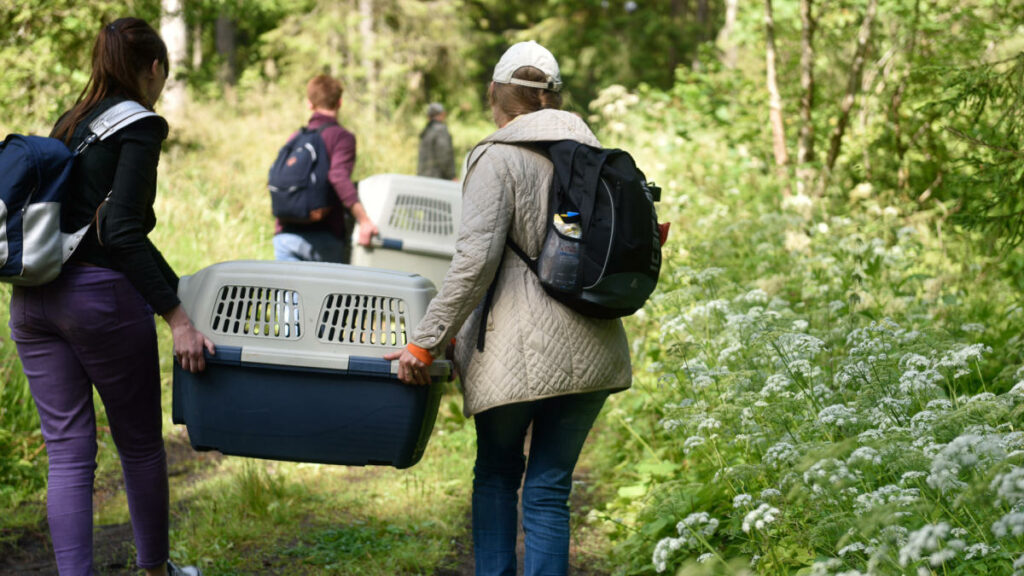
Your tax dollars are being used for unusual purposes. (Photo: FOX 8 News)
Have you ever wondered where all that money taken from your paycheck goes? You might be surprised to learn where some of your tax dollars are being spent.
Some of your paid taxes go toward civic projects, health research, and other essential investments that benefit humanity. However, some of your tax dollars are being used for unusual purposes, such as housing chimps and purchasing robotic flowers.
Putting Fish on Treadmills
Sen. Jeff Flake of Arizona published a list of the most outrageous tax breaks he could find in 2017. For example, the Scripps Institution of Oceanography in San Diego used a $560,000 National Science Foundation grant to force fish to exercise to exhaustion on treadmills as part of a 2009 study.
Providing Evidence That Gingerbread Houses Are Earthquake-Resistant
A workshop titled “How Does the Cookie Crumble?” was funded by a $150,000 grant from the Institute of Museum and Library Services.
The Oregon Museum of Science and Industry tested earthquake-resistant gingerbread houses on machines that replicated major tremors. The workshop was part of the annual “Gingerbread Adventures” event at the OMSI.
READ ALSO: Taxpayers Could Be Hit With Extra Tax Bills This Tax Season 2023

Your tax dollars are being used for unusual purposes. (Photo: Yahoo Finance)
Turning Computers Into Couch Potatoes
During a 2016 study, your tax dollars paid for computers to binge-watch hundreds of hours of television.
Determining Whether or not Playing with Barbie Dolls Aids in Facial Recognition
In 2016, researchers from the National Eye Institute and the National Science Foundation conducted a $300,000 study from paid tax to see if playing with Barbies, which was more common among the women in the study, helps women recognize faces better.
Proving that Frat Brothers Like to Party
A $5 million grant from the National Institute on Alcohol Abuse and Alcoholism funded a study on college students’ drinking habits at the National Institutes of Health in 2016.
NASA Research on Religious Groups’ Responds to Aliens
Your paid tax dollars aided NASA in researching how religions around the world might react if humans made contact with extraterrestrial lifeforms.
Examining Monkey Drool
An experiment at the State University of New York at Buffalo, funded by an $817,000 National Institutes of Health grant, looked closely at primate saliva.
Investigating Border Town Bars
The National Institutes of Health-funded $333,210 from paid tax to study Mexican Americans’ drinking habits in border towns in 2017. The study included “unobtrusive systemic observations.”




















